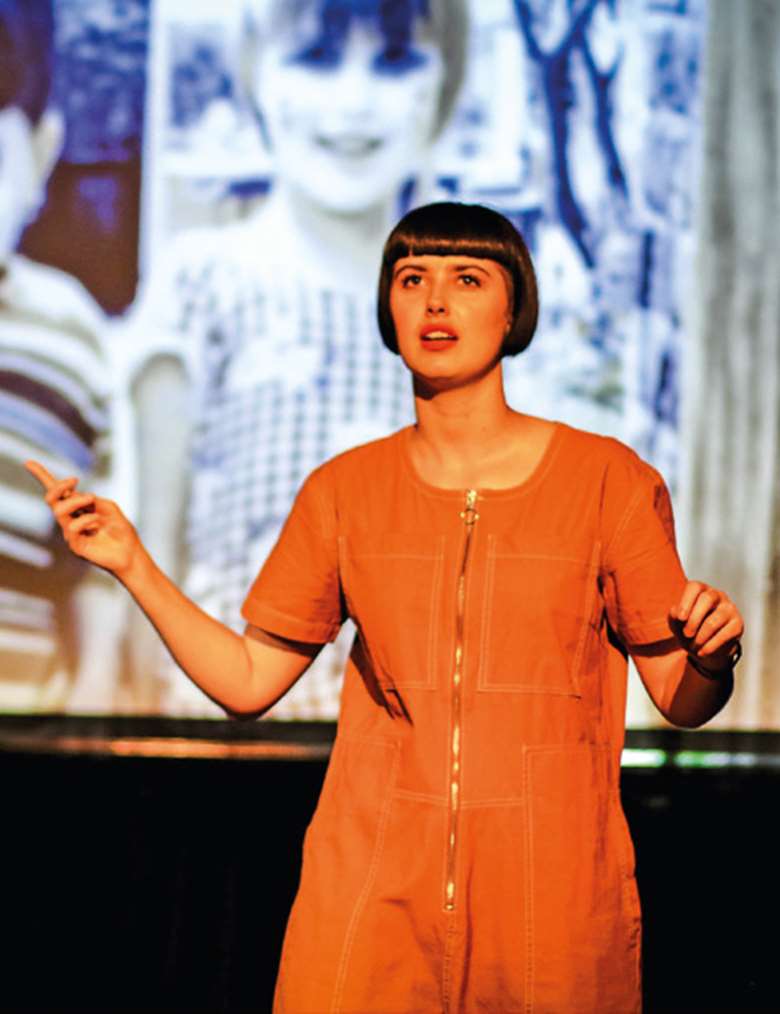Opinion with Kaiya Stone
Kaiya Stone
Saturday, December 1, 2018
The arts in schools: a neurodiverse perspective

Polly Bycroft-Brown
‘Dyslexia is the actor's disease.’
I had just started at drama school when I heard this for the first time. I had just finished studying at a particularly academic university and was thrown into a room where the majority of people had a learning difficulty of some kind. It was new not to be the odd one out.
But actually, that statement is wrong. Dyslexia (and other Specific Learning Difficulties) is actually the gift of the actor, the director, the DOP, the editor, the author, the entrepreneur and the designer. It's been proven over and over that people with neurodiversity are more creatively talented. Research at Central St Martin's College of Art, for example, revealed that almost three-quarters of the student body had some form of dyslexia.
How do we harness the skills of people with dyslexia, dyspraxia, autism, ADHD or Tourette's earlier? School and classrooms can be a place of dread and shame for many pupils with neurodiversity—myself included. It's a place where we are put into sets, given a value on our ability, and asked to jump through ridiculous hoops. We are not doing enough to focus on the huge skillsets that our young people have. We need a paradigm shift that forces us to look at the capabilities of individuals rather than characterising them in terms of failure or deficits. Arts and drama are areas in which we can do this.
My school didn't have drama as a subject but we had school plays until I was in Year 11, when it was suddenly decided it was no longer important enough to justify the costs. I think a lot about how those plays gave me an outlet which was never provided for me in the classroom. It was a place where you were able to put on silly voices, dance around and choose to be the centre of attention. I didn't understand Shakespeare until I was in a production of Much Ado About Nothing. The rest of school was quiet, still, and about writing things down. It was where I tried to act like a ‘good student’, not where I got to be myself. I was such a good actor that my own learning difficulties went undiagnosed until half-way through university.
If we continue to focus only on academic subjects and restrict arts funding in schools, we close down the routes to creative thinking and living for our young people, especially those who are neurodiverse. Without art, drama, and music in schools, we are limiting the spaces where our children can flourish and see a future beyond exams and classrooms. It's not good enough.

